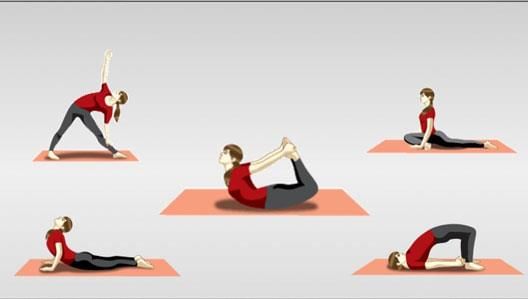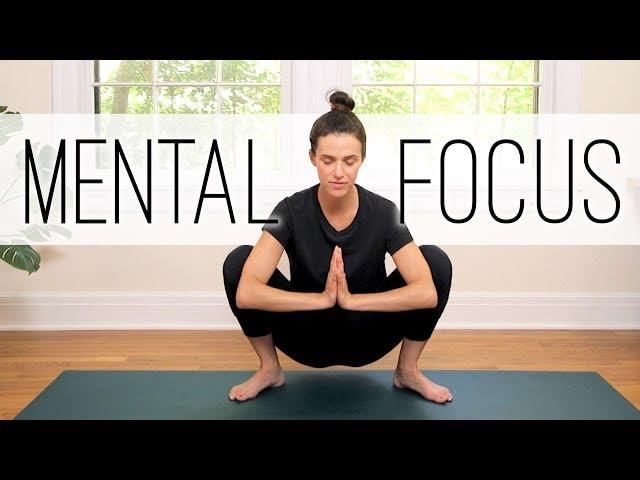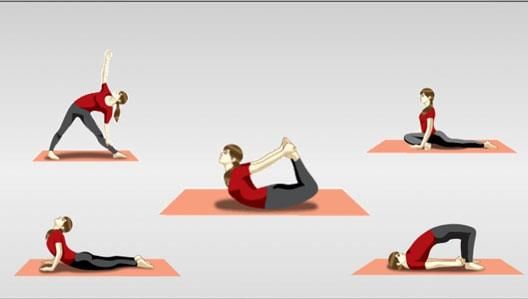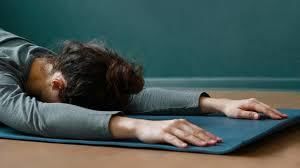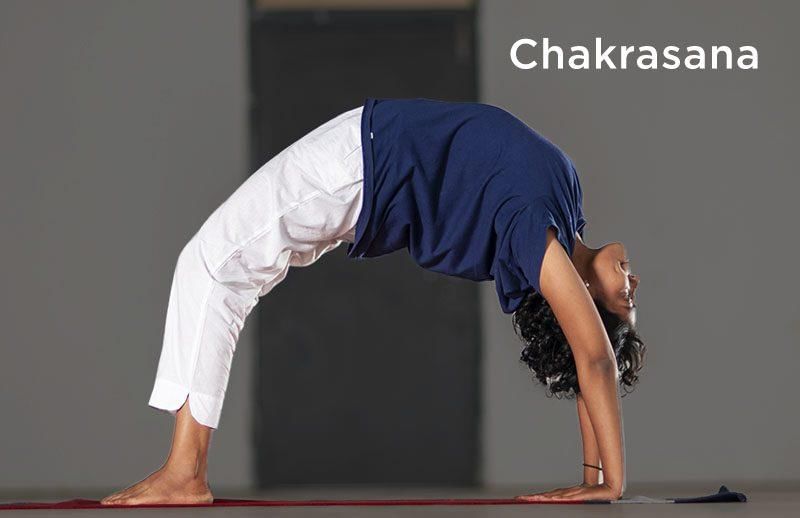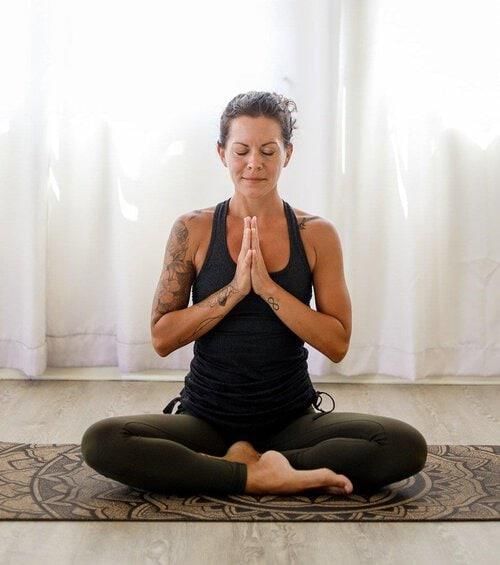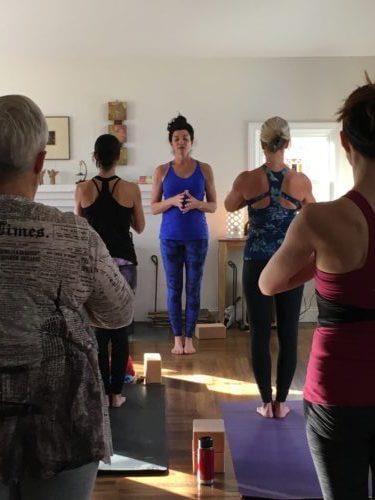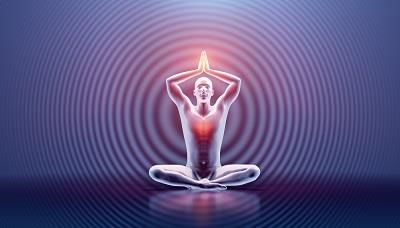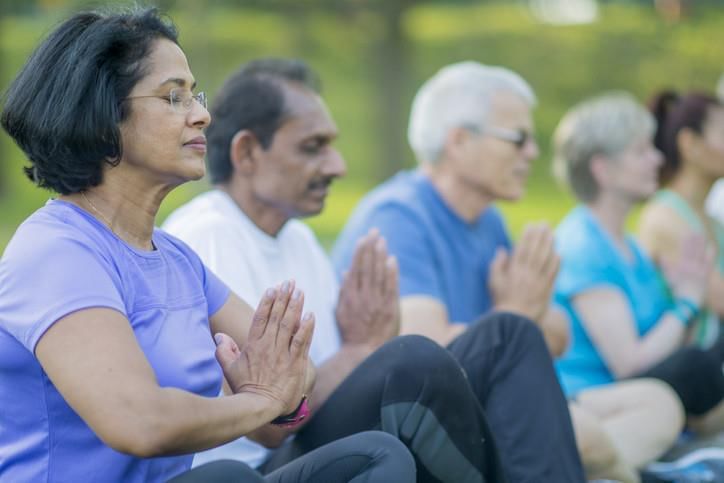|
Card: 2 / 42 |
'Yoga' originates from the Sanskrit word 'yuj,' which means to join or unite, signifying the connection of body and mind. |
|
Card: 5 / 42 |
True or False: Yoga is solely focused on physical exercise and does not involve mental aspects. |
|
Card: 8 / 42 |
Sage Patanjali systematized yoga in the 'Yoga Sutras of Patanjali,' explaining how it can quiet the mind and improve focus. |
|
Card: 9 / 42 |
Fill in the blank: The mYoga app was launched by the ___ to promote yoga practice globally. |
|
Card: 12 / 42 |
Benefits include physical fitness, pain reduction, stress relief, improved sleep, better concentration, enhanced immune system, heart health, weight loss, and overall well-being.  |
|
Card: 14 / 42 |
Yoga helps the body become stronger and more flexible, reduces pain, especially in the lower back, and promotes overall health. 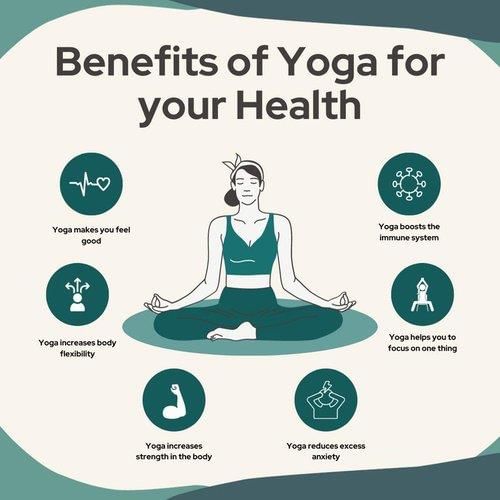 |
|
Card: 15 / 42 |
Yoga postures, known as ___, are designed to stretch muscles and improve flexibility. |
|
Card: 19 / 42 |
Fill in the blank: Breathing techniques in yoga help to reduce ___ and promote better sleep. |
|
Card: 22 / 42 |
The WHO myoga app provides videos and audio files to help users learn and practice yoga easily and for free. |
|
Card: 24 / 42 |
Yoga helps burn calories, which can assist individuals in maintaining a healthy weight. |
|
Card: 25 / 42 |
True or False: Practicing yoga can lead to feelings of happiness and contentment. |
|
Card: 27 / 42 |
True or False: You must follow strict rules about when to start practicing yoga. |
|
Card: 31 / 42 |
Fill in the blank: Yoga is not just about stretching; it involves being aware of how our body feels and how we are ___ while practicing. |
|
Card: 37 / 42 |
Fill in the blank: Practicing yoga requires us to be present and to focus on our ___ and ___ during the poses. |




